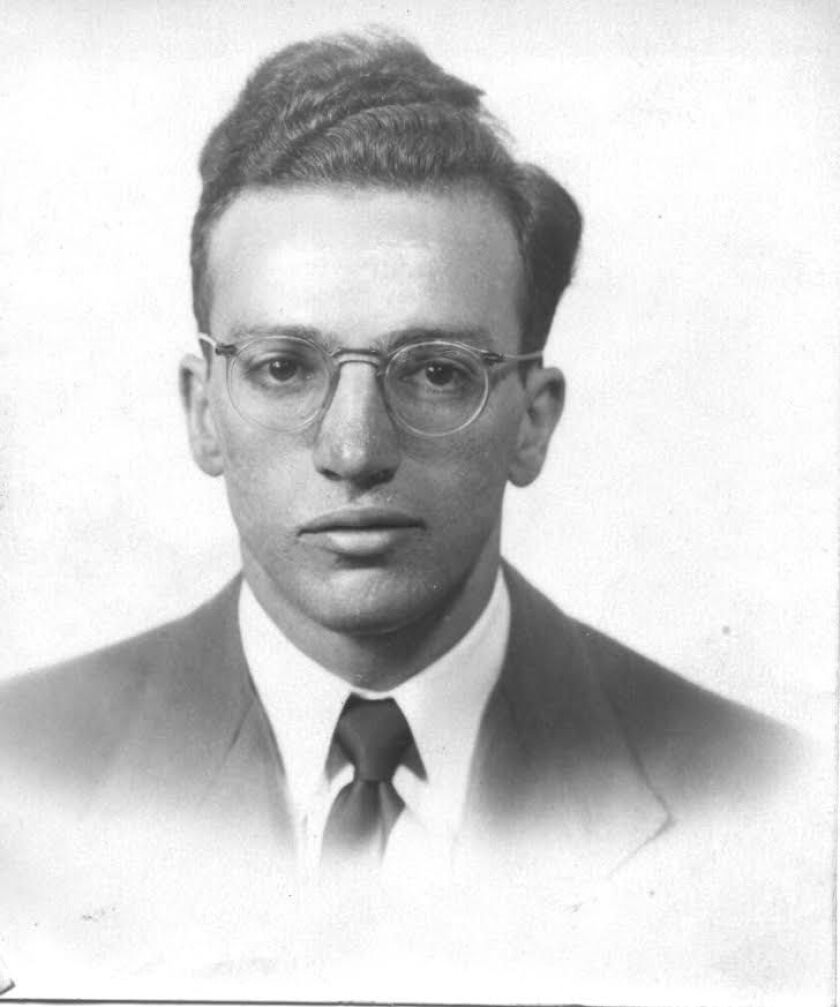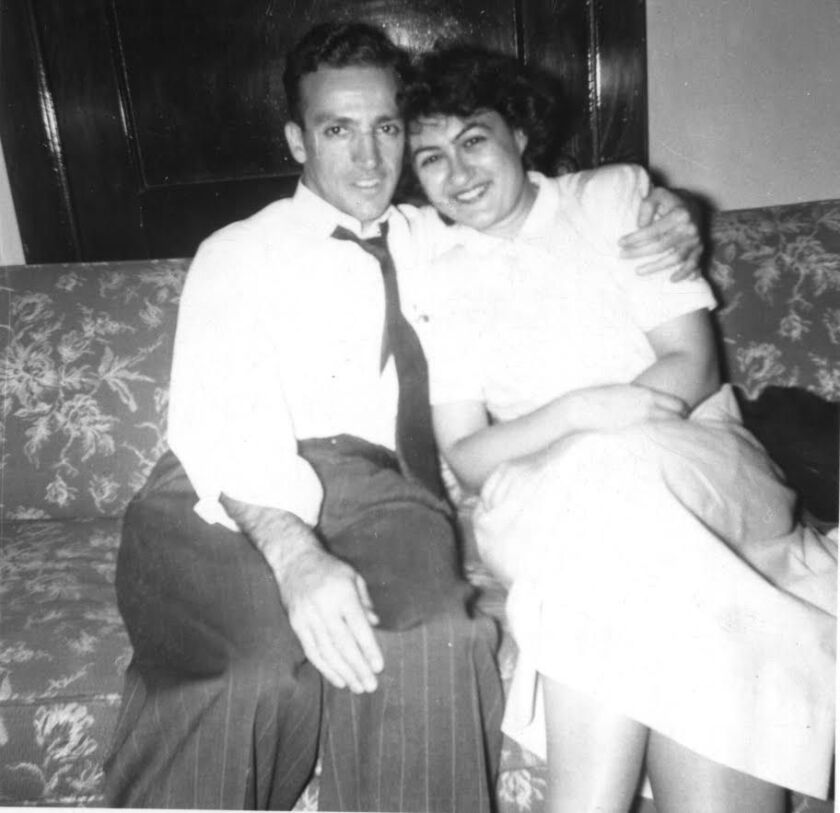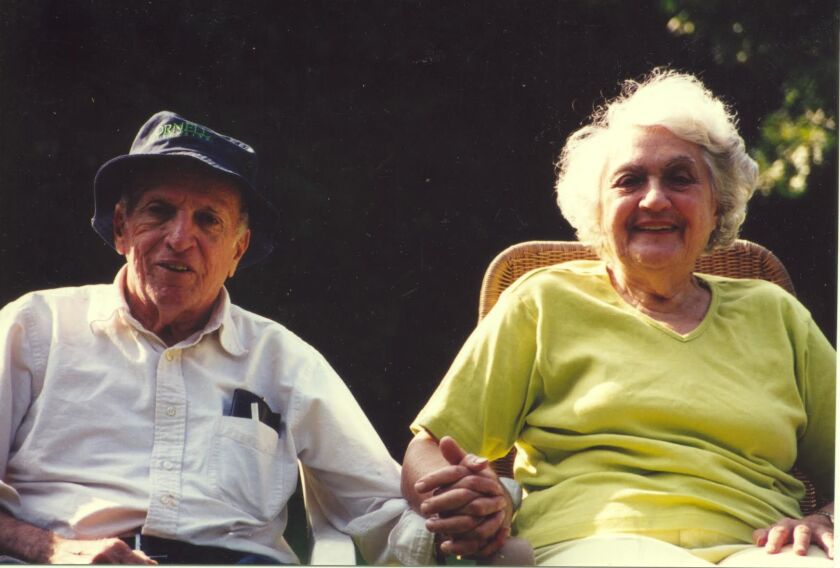When the Soviet Union was under Communist rule, with its many republics united behind an “Iron Curtain” through which little news penetrated, the United States turned to people like Myron Rush.
He practiced the art and science of Kremlinology, sussing out which politicians were rising and which were on the outs, deciphering Soviet power struggles and how they might affect America and the world.
What Kremlinologists did was a little like studying the lunch tables in a high school cafeteria to figure out the cliques. Only in this case, the cool kids controlled a military-industrial complex and nuclear arsenal.
Mr. Rush inspected seating arrangements in the Politburo and scrutinized who had the choicest viewing spots at military parades in Red Square. He analyzed the heartiness in the birthday greetings to Soviet leaders sent by the Central Committee of the Communist Party.
He is credited with decoding that Nikita Khrushchev would be leader of the Soviet Union — in part because of a switch to a capital letter. In 1955, when Pravda — the official newspaper of the Communist Party — began referring to Khrushchev as “Pervi sekretar,” or First secretary, rather than the uncapitalized “first secretary,” Mr. Rush realized he had discovered a possible heir to Stalin.
“Like an astronomer discovering a new planet,” The New York Times reported, “he was able to announce Mr. Khrushchev’s ascendance.”
He had deduced “that Khrushchev had become the No 1 man — and he was,” said Arnold Horelick, a colleague who was a CIA national intelligence officer on the Soviet Union during the Carter administration.
Mr. Rush, an analyst for the CIA and RAND Corporation and a longtime professor of government at Cornell University, died in January of kidney failure at the Herndon, Va., home of his son Ken. He was 96.
He grew up in Hyde Park, playing stickball and learning the violin. He was the only son of Orthodox Jewish parents who, under the threat of pogroms, left the Belarus town of Motal. His father Louis worked as a tailor. His mother Anna died when he was just 7, and young Myron’s four older sisters — Minnie, Bella, Mildred and Charlotte — raised him after that, according to Ken Rush.
“They really doted on him,” his son said. “They invested in him very heavily. They gave him these violin lessons as a child.”
He attended Kozminski grade school and Hyde Park High School.
He was the kind of kid who’d be up reading at 2 a.m. with the light on, said his niece Norma Goodman. “He taught himself Russian,” she said. To memorize Russian words, “He used to have flip cards in a duffel bag in the bathroom, and he used to flip the cards.”
After studying at the old Woodrow Wilson Junior College, he won a full scholarship to the University of Chicago, where he studied under famed historian Daniel J. Boorstin.
At college, he met Theresa Sally Neumann, who would become his wife of 61 years. She was a half-sister to art collector Morton Neumann, who founded a cosmetics company that catered to African-American men and women with its Lucky Brown and Sweet Georgia Brown products.
From the early to mid-1950s, Mr. Rush worked for the Central Intelligence Agency in its Foreign Broadcast Information Service, which analyzed news reports from China and the Soviet Union, his son said. He then worked for RAND until about 1965, where he continued his analysis of Soviet goings-on.
From 1965 to 1992, he was a professor at Cornell. Though he worked from an office with a big picture of Lenin, he had a strong aversion and distrust of totalitarian regimes that dated to when he was a boy reading Chicago newspaper articles on their restrictiveness, his son said.
His books included 1958’s “The Rise Of Khrushchev,” “Political Succession in the USSR” in 1965 and 1974’s “How Communist States Change their Rulers.”
Even in old age, he remained self-disciplined and competitive, his son said: “At the age of 95, he beat me at miniature golf.”
Mr. Rush had a soft side, too. He cared for Theresa as her health declined. She died in 2012. And he enjoyed inventing games to play with his toddler great-granddaughter.
Even after leaving Chicago, he remained a White Sox fan. He loved Mozart and Bach and the musicals of Rodgers and Hammerstein and Rodgers and Hart. Once, he delighted in a theatrical production of “The King and I” featuring Yul Brynner. Jewish ballplayers and the first Jewish Miss America, Bess Myerson, were sources of ethnic pride for him.
Services have been held. He is also survived by his daughter Anita Solan, another son, Victor and four grandchildren.









